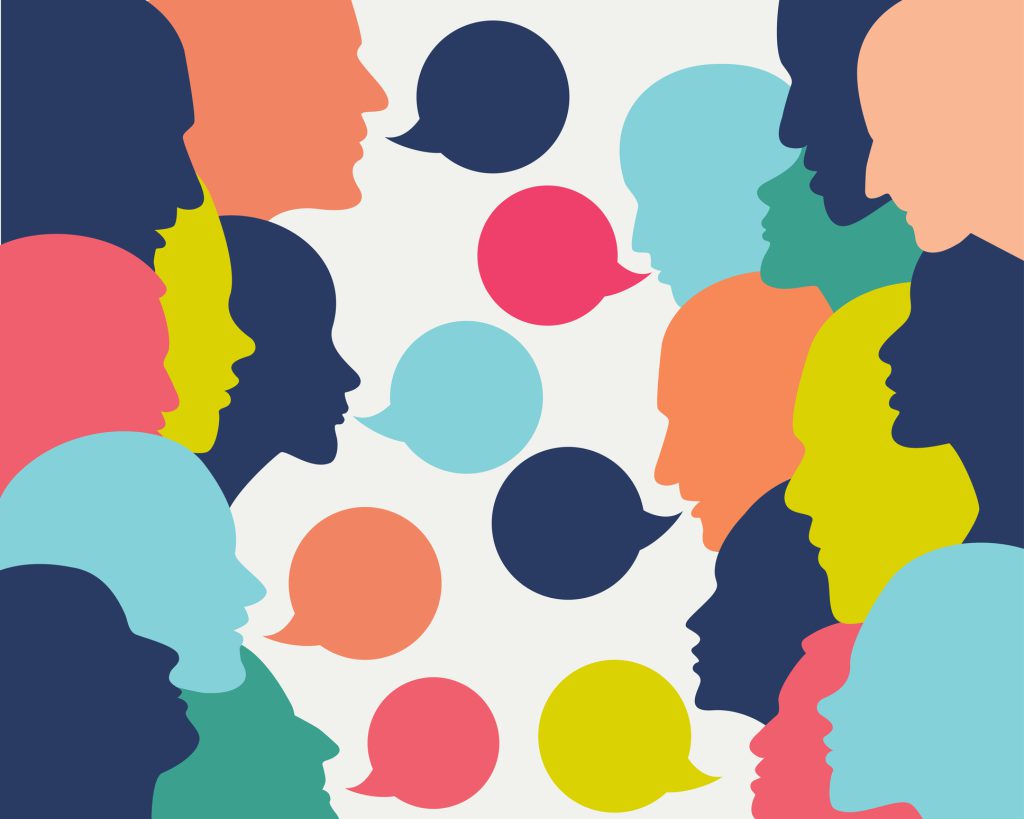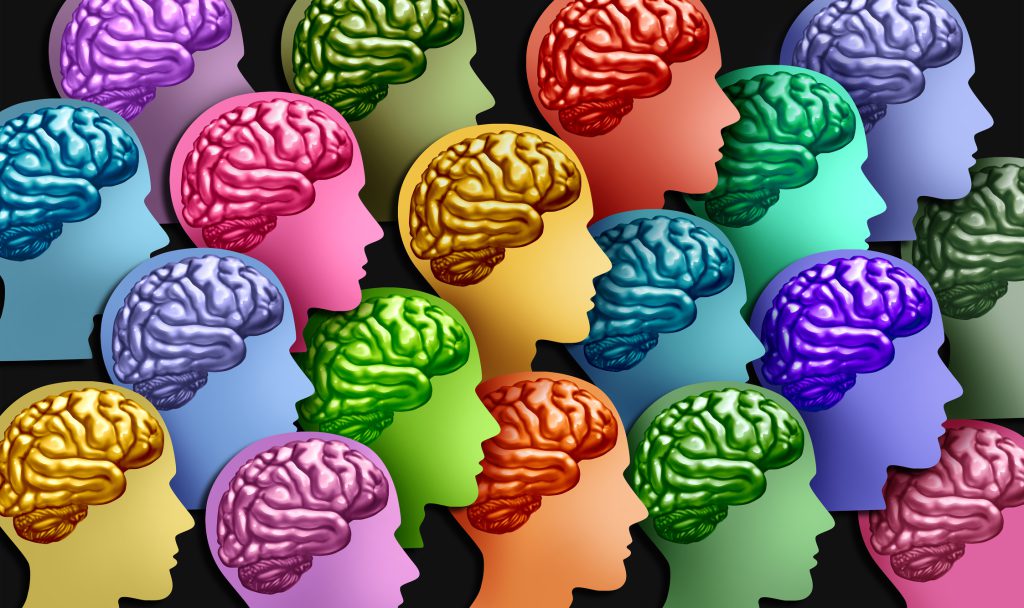Sunday 18th June was Autistic Pride Day 2023. In this blog, Bioresource Placement Student Nathan outlines the historical development of how autism has been perceived and reflects on the societal implications of shifting from the Medical Paradigm to the Neurodiversity Paradigm of perceiving autism.
Leo Kanner described autism in his paper Autistic Disturbances of Affective Contact (1943). Kanner’s syndrome was defined as having challenges communicating or understanding others, making little eye contact, and hypersensitivity to stimuli. This work was revolutionary in its move away from labels such as feeble-minded, retarded, moronic, and idiotic. Although Kanner would promote the harmful and outdated belief of the cold and uncaring ‘refrigerator mother’ causing the development of autism, it is widely agreed upon that he dedicated his life to helping and preventing the abuse of children with autism and intellectual disability. The current Diagnostic and Statistical Manual of the American Psychiatric Association (DSM-5) continues to mirror the observations of autism he made in 1943.
As with all science, Kanner was working from a paradigm when conducting his autism research: a set of shared beliefs, values, and world views which direct the research questions asked. The ‘Medical Paradigm’ of the time believed people suffered from autism and would aim to return autistic individuals to a ‘normal human baseline’. This paradigm has led to the development of interventions to reduce symptoms of autism. For example, Zhou et al. (2021) outline the different drugs which reduce repetitive behaviours in autistic individuals, concluding that antipsychotic medications are best despite their side effects of weight gain, increased risk of diabetes, and increased risk of sedation and movement disorders.
Some autistic individuals will need more support due to challenges such as epilepsy, intellectual disability, and gut and sleep problems. However, for people with lower support needs, such dedication to controlling and minimising autism, an overfocus on deficits, and neglect to consider an autistic individual’s environment have led to calls to rethink the Medical Paradigm’s place in autism science. The wider Social Model of disability, focusing on how society limits the value disabled people can offer, led to the ‘Neurodiversity Paradigm’:
- Neurodivergence (e.g., autism, ADHD) is a valuable form of human diversity.
- Neurodivergent development is not inferior.
- Disability arises from an environment not being suited for an individual.
When employers and universities consider the Neurodiversity Paradigm by making simple changes, such as allocating tasks based on strengths, Hamilton and Petty (2023) show that autistic individuals no longer have to suppress (or ‘Mask’) natural neurodivergent responses. Small changes protect autistic individuals from psychological distress and disconnection from one’s identity and can help organisations develop new ways of thinking about tasks.
These developments in the way we think about autism lead us to the current year, when Autistic Pride Day is celebrated on 18 June. The day champions the Neurodiversity paradigm. Joseph Redford (2019, as cited in Autistic Empire, 2019), an organiser for Autistic Pride at London’s Hyde Park, explains that Autistic Pride doesn’t “need to take the form of public events” and that “openly stimming”, “Walking away from something you can’t handle”, and “defending your own truth, regardless of convention or tone, or social dynamics” is Autistic Pride in action.
Finally, the National Autistic Society (2020) advises effective communication with an autistic person, which can help open discussions between Neurodivergent and Neurotypical people about how all can feel comfortable and their most authentic selves. They give practical advice, such as always using one’s name, pausing between words and phrases, and avoiding open-ended questions. As always, everyone’s needs are different. However, through respectful conversations following the principles of the Neurodiversity Paradigm, intergroup anxiety can be lessened and relationships formed.


